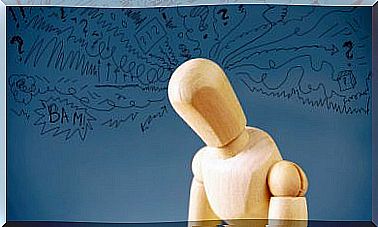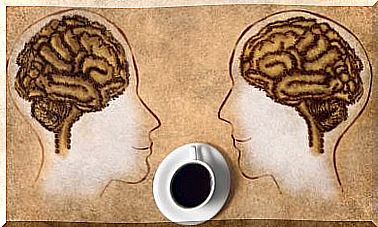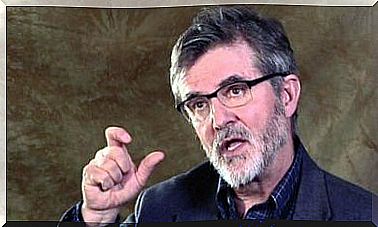The 50 Most Famous Scientists In History
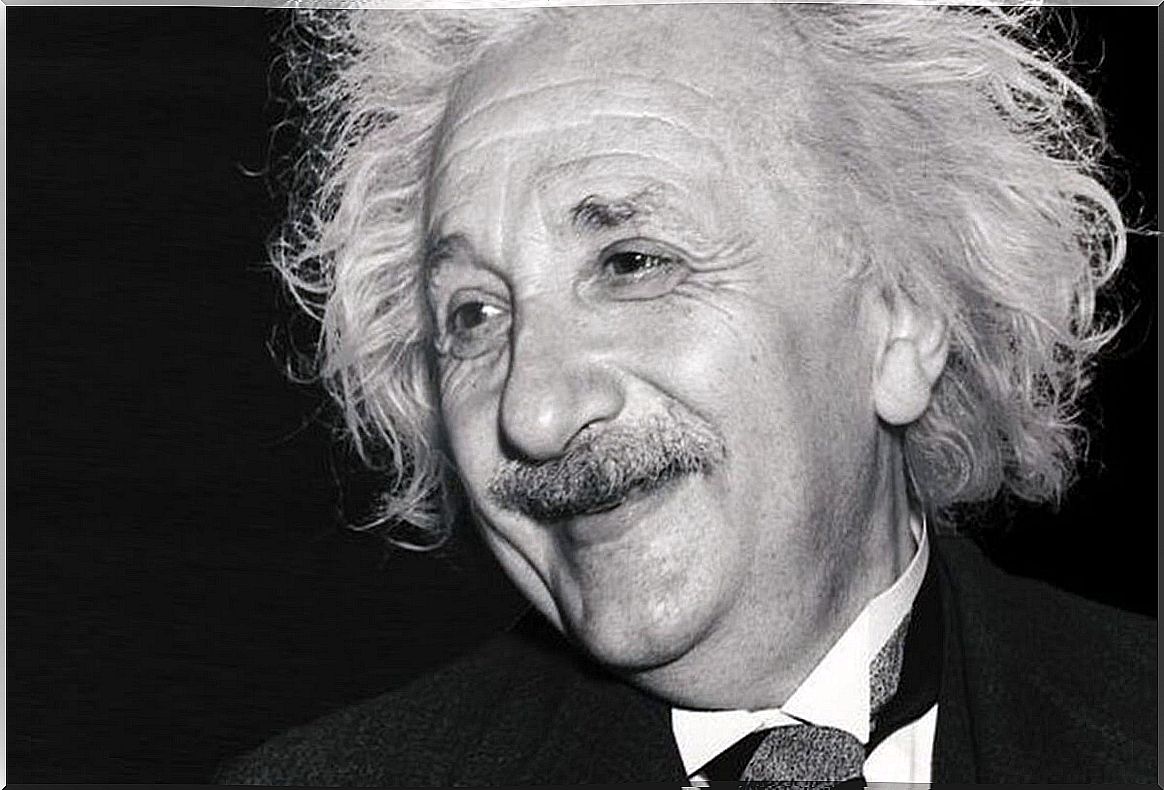
The progress of humanity has always been associated with science. In times of greater freedom to exercise it, civilizations have achieved greater splendor. In short, today we are what we are and we do what we do thanks to it. As a little tribute, here are the 50 most famous scientists in history.
Making such a list is not easy. For each discipline we could have chosen the same number of exponents, although we believe that our selection includes the most important in all the science of knowledge. We have left great scientists out, but the truth is that very few could oppose the place of any of those who are.
The most famous scientists in history
Physics, chemistry, biology, and mathematics are just a few of the disciplines that add the most names to our list of the greatest scientists in history. Note that, within our selection, the order of exposure is completely random.
1. Isaac Newton (1642-1727)
Any list of the most famous scientists in history would be incomplete without Isaac Newton. The English physicist published his Principia in 1687 , where he established a good part of the physics that would develop in later centuries.
We can consider him the father and also the most important figure in classical mechanics, which remains partially in force to this day. He also studied light, optics, calculus, and mathematics.
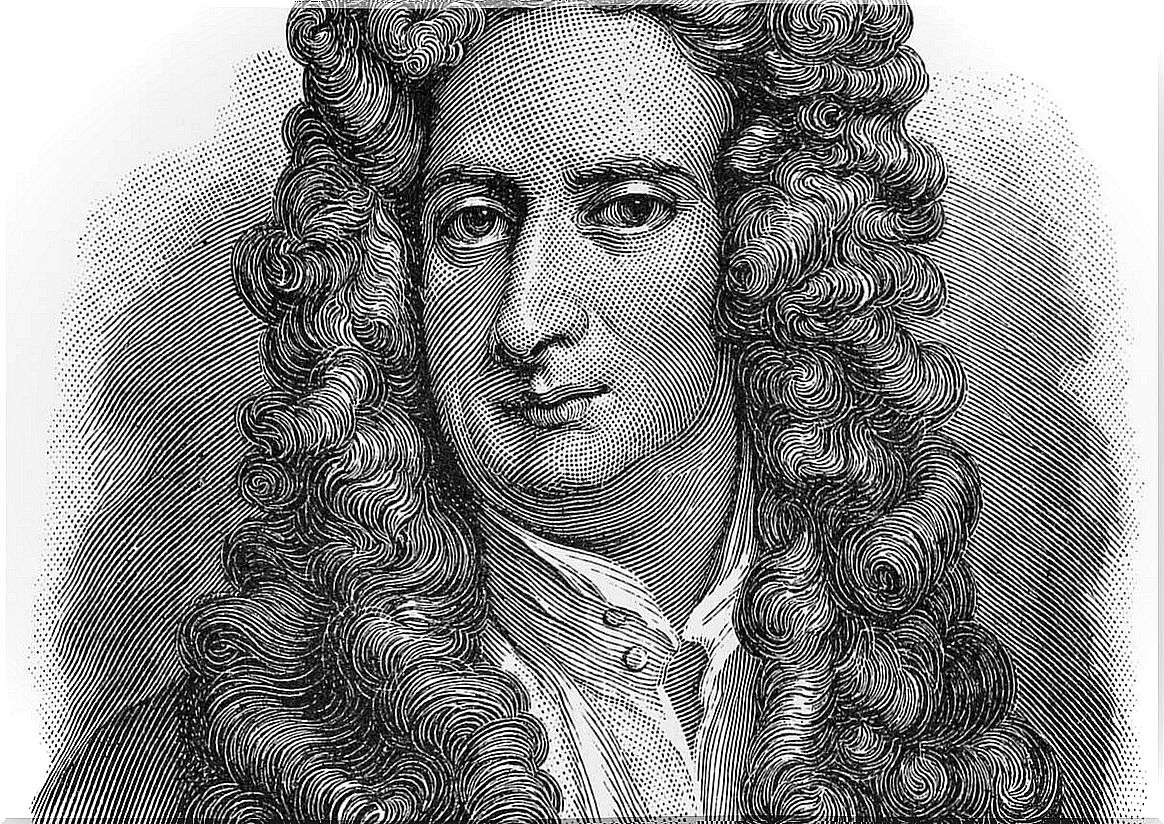
2. Marie Curie (1867-1934)
Marie Curie was the first woman to receive a Nobel Prize and the first of all to receive two of these in different specialties (Physics and Chemistry).
Curie conducted studies in the field of radioactivity and discovered two chemical elements (polonium and radium). The way we treat some diseases (like cancer) and harness energy today (nuclear power) we owe to his research.
3. Aristarchus of Samos (310-230 BC)
Long forgotten, he was the first scientist in history to propose that the Earth revolves around the Sun (heliocentric model). None of his works are preserved, only some of his ideas indirectly through Plutarch and Archimedes.
4. Eratosthenes (276-194 BC)
Also known as Eratosthenes of Cyrene, he was the first person to determine the circumference of the planet with a margin of error of only 0.16%.
He also calculated the distance from the Earth to the Sun with astonishing accuracy and made contributions to mathematics, geometry, grammar, and music. Much of these jobs have been lost.
5. Democritus (460-370 BC)
Although he made various contributions to science, he is known as the first thinker who formulated the idea of the atom. He proposed that these differed in shape and size, that they were indivisible, and that the way in which they were grouped determined the state of matter. It is known that he studied anthropology and cosmology.
6. Albert Einstein (1879-1955)
Of our entire list of the most famous scientists in history, Albert Einstein is perhaps the character who best fits the label of famous. His theory of relativity completely changed the history of physics, with equations representing a milestone in his field. The current conception of gravity is thanks to him.
7. Alexander Fleming (1881-1955)
Discoverer of penicillin, which was the gateway to the massive use of antibiotics. Their contributions have saved hundreds of millions of lives, although they were undervalued at the time. Fleming was awarded the Nobel Prize in Medicine in 1945.
8. Edwin Hubble (1889-1953)
One of the most important astronomers of all time. We owe Hubble the theory that the universe is expanding, one of the best pieces of evidence supporting the big bang theory . His calculations are known today as Hubble’s law. One of the most important telescopes in astronomy is named after him.
9. Archimedes of Syracuse (287-212 BC)
Although it is probably more myth than truth, the expression eureka is attributed to him during one of his discoveries.
Among other things, we highlight of his contributions the Archimedean screw, the practical use of the lever, the Archimedean claw, the odometer, the improvement of the catapult, as well as works on mathematics and geometry.
10. Hippocrates of Cos (460-370 BC)
Regarded as the father of medicine, his legacy lives on today through the Hippocratic oath. Many symptoms and diseases today are named after him, as well as cataloging processes (crisis, relapse, exacerbation, and so on).
Although it is not known if he was the author, his ideas are reflected in the so-called Hippocratic corpus (a collection of more than 50 works).
11. Hypatia of Alexandria (370-415 AD)
The figure of Hypatia of Alexandria has survived to this day as a myth. His main contributions are found in mathematics, algebra, geometry and astronomy.
She was one of the first women in history to venture into these sciences, thus earning respect among her contemporaries.
12. Johann Heinrich Lambert (1728-1777)
His contributions in physics, mathematics and astronomy stand out. Among other milestones, he demonstrated the irrationality of π, invented the hygrometer and the photometer, conducted studies on the intensity of light, introduced hyperbolic functions, and made contributions on the orbits of bodies.
13. John Dalton (1766-1844)
His contributions to chemistry forever changed the course of this scientific discipline. The most important of all was the so-called Dalton atomic model in which, for the first time, the problem was approached through a scientific prism. The condition known as color blindness also derives from his research (he suffered from it himself).
14. Robert Hooke (1635-1703)
Hooke made contributions in almost all disciplines of knowledge. He excelled in physics, medicine, biology and architecture, among other disciplines.
He was the first to describe cells and his dispute over the paternity of the theory of gravity with his contemporary Newton has gone down in the history of mankind.
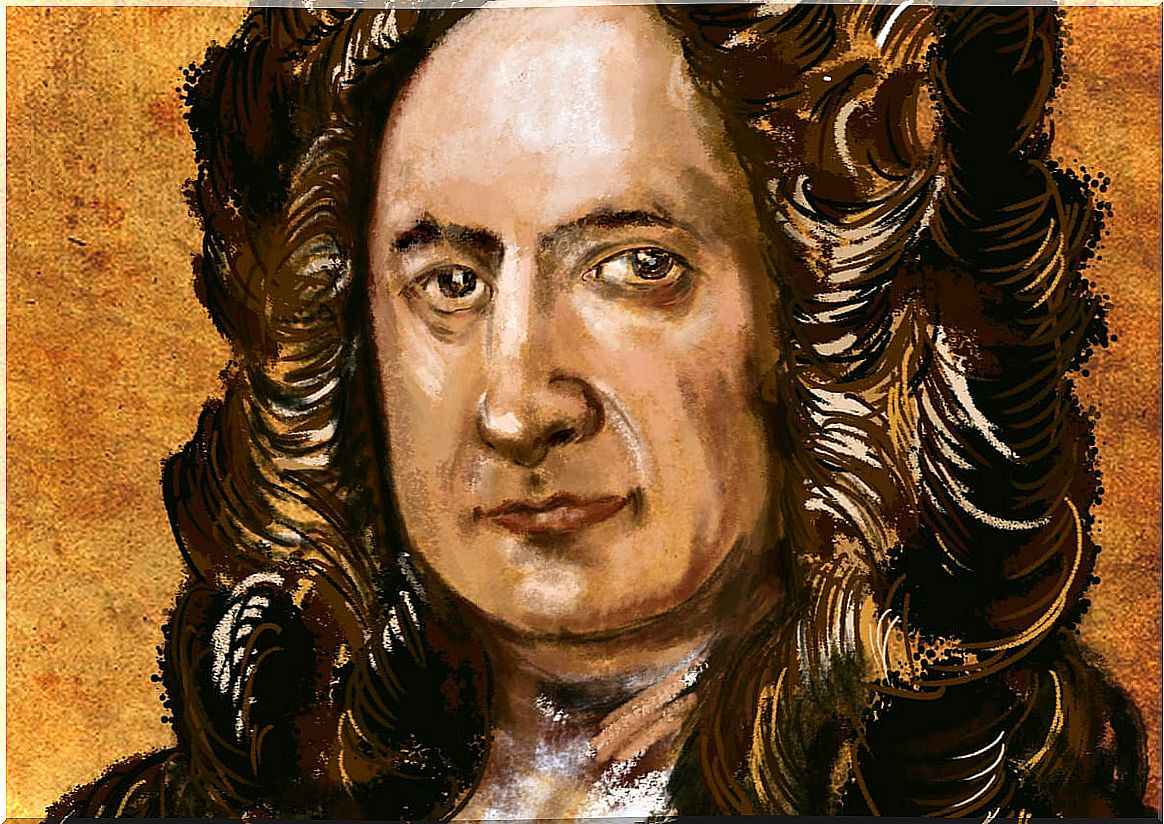
15. Niels Bohr (1885-1962)
Bohr is one of the scientists who laid the foundations for quantum mechanics. He created his own atomic model, which was fundamental to the wave-particle duality hypothesis. He received the Nobel Prize in Physics in 1922.
16. Gregor Mendel (1822-1884)
The father of modern genetics went down in history with Mendel’s renowned laws. Its laws revolve around three principles: uniformity, segregation and independent combination. His work was not valued at the time, although they were rediscovered after his death.
17. Srinivasa Ramanujan (1887-1920)
The Indian mathematician is one of the greatest figures of the early twentieth century, with a largely self-taught training that surprised his contemporaries. His contributions are still counted in number theory and mathematical analysis. He died at the young age of 32, probably from hepatic amebiasis.
18. Nicolaus Copernicus (1473-1543)
Although Aristarchus of Samos was the first to formulate the idea of heliocentrism, it was not consolidated in a treatise until the arrival of Copernicus.
Modern astronomy was born with the publication of On the revolutions of the celestial spheres , a work that would not see the light until the year of his death. Today the term Copernican revolution or Copernican turn is used due to the milestone of his ideas.
19. Dmitri Mendeleev (1834-1907)
The father of the modern periodic table could not be missing from our list of the most famous scientists in history. He ordered the elements according to their atomic mass and dared to make predictions of some of them that would be discovered later. He also wrote treatises on livestock, oil, and agriculture.
20. Euclid of Alexandria (335-265 BC)
The father of geometry has bequeathed us, among other things, the work Elements . This is one of the most important treatises on mathematics in the history of mankind. His ideas focus on Euclidean geometry, which is in contrast to non-Euclidean geometry. He also made contributions to arithmetic.
21. Johannes Kepler (1571-1630)
To the German astronomer and mathematician we owe Kepler’s three laws. These describe the movements of the planets around the Sun. That is, their orbits. Thanks to him we know the reason for elliptical movements. He wrote innumerable works that are still the object of attention.
22. Antoine Lavoisier (1743-1749)
Although he also made forays into economics, Lavoisier is recognized worldwide for his contributions in chemistry and biology. In particular, for his studies on photosynthesis, oxidation of bodies, fermentation and combustion.
23. Louis Pasteur (1822-1895)
Everyone knows the pasteurization process. This allows you to consume some foods, such as milk or cheese. Apart from this, Pasteur made contributions to bacteriology, physics, and mathematics. Many of his ideas allowed the evolution of the use of antibiotics, improvement in hygiene and vaccination techniques.
24. Galileo Galilei (1564-1642)
Galileo made many contributions in various fields of science, although the world will recognize him as one of the most famous scientists in history for his studies of astronomy. He made improvements to the telescope in order to continue his observations, which were censored by the Church.
25. Leonhard Euler (1707-1783)
His contributions in the area of calculus, mathematics, physics and astronomy survive to this day. Euler’s number, perhaps his best known contribution, is a fundamental piece in mathematical analysis. He also made contributions to geometry and number theory.
26. Max Planck (1858-1947)
Nobel Prize in Physics in 1918, he is considered the most important character in quantum mechanics. His contributions include Planck’s constant and Planck’s law. Many of the hypotheses of his youth were confirmed by studies carried out in the early and mid-20th century.
27. Ernest Rutherford (1871-1937)
Nobel Prize in Chemistry in 1908, Rutherford’s atomic model represented quite a revolution at the time. He did research on radioactivity and the transmutation of the elements. Half of his life was dedicated to teaching.
28. James Watt (1736-1819)
James Watt was one of the most visible faces of the Industrial Revolution. He improved the steam engine and created the unit known as horsepower that is still used today. In his honor the international unit that measures power, the watt (or watt), was named in his honor.
29. Andrew Vesalius (1514-1564)
Other of the most famous scientists in history whose contributions are found in medicine. Vesalius published in 1543 the most important work to date on anatomy: On the structure of the human body .
It carefully describes the bones, cartilage, muscles, ligaments, veins, arteries, nerves, digestive and reproductive systems, heart, lungs and central nervous system.
30. Michael Faraday (1791-1867)
He discovered electromagnetic induction, electrolysis, and diamagnetism. He also discovered benzene and introduced terms that are commonly used in chemistry, such as anode, cathode, or electrode.
His contributions are innumerable. It is known that Einstein had a portrait of Faraday in his studies due to the inspiration that he represented as a scientist.
31. James Clerk Maxwell (1831-1879)
Maxwell’s name is often cited alongside Newton’s. This is because it is responsible for the second great unification in physics thanks to what is known as Maxwell’s equations.
These condense magnetism, light and electricity under a single phenomenon. Many consider him the most important scientist of the entire nineteenth century.
32. Bernhard Riemann (1826-1866)
Among his contributions we highlight the Riemann integral, the Riemann surfaces, the Riemann hypothesis, the Riemann geometry and the Riemann varieties, among others. His studies focused on differential geometry, which paved the way for the theory of relativity.
33. Paul Ehrlich (1854-1915)
Nobel Prize in Medicine in 1908, Ehrlich was the creator and promoter of chemotherapy. He also made contributions to immunology, especially with his theory of what we know today as antibodies. He is responsible for the first effective treatment for syphilis and the development of a serum to treat diphtheria.
34. Irène Curie (1897-1956)
Nobel Prize in Chemistry in 1935, Irène Curie was the daughter of Marie Curie. His research focused on radioactivity, nuclear physics and the study of the atom. Her achievements are often overshadowed by her mother’s, so we couldn’t leave her out of this list of the most famous scientists in history.
35. Emmy Noether (1882-1935)
The German mathematician has written her name on the list of most famous scientists in history thanks to her contributions in abstract algebra and theoretical physics.
He developed Noether’s theorem, which is used to this day. Despite being recognized by the great minds of her time, she had trouble consolidating herself as a woman.
36. Edward Jenner (1749-1823)
He was the discoverer of the smallpox vaccine, so he is considered the father of immunology. It was a success throughout Europe, so much so that the Spanish Crown used it in the illustrious Balmis Expedition. He saved millions of lives, so his contributions are a milestone in medicine.
37. Louis Gay Lussac (1778-1850)
The law that describes the pressure and volume of gases, the Gay Lussac law, is the responsibility of your studies. He ventured into very varied fields, from chemistry to electricity. His interest in science was very early, so he has been among the most famous scientists in history from very early on.
38. Karl Landsteiner (1868-1943)
Winner of the Nobel Prize in Medicine in 1930, Landsteiner was the one who discovered blood groups. All the blood transfusions done today are due to your observations. So much so, that World Blood Donor Day is commemorated on the date of his birth (June 14).
39. Antonie van Leeuwenhoek (1632-1723)
He is considered the father of microbiology. His research was done with microscopes that he built with his own hands. His initial interest in the microscopic world was because, as a merchant, he wanted to observe the properties of fabrics with greater precision.
40. Heinrich Hertz (1857-1894)
The international unit of frequency, the hertz, is named in his honor. Hertz was the discoverer of the photoelectric effect. He also made valuable experimental contributions on electromagnetic waves. He died at the young age of 36.
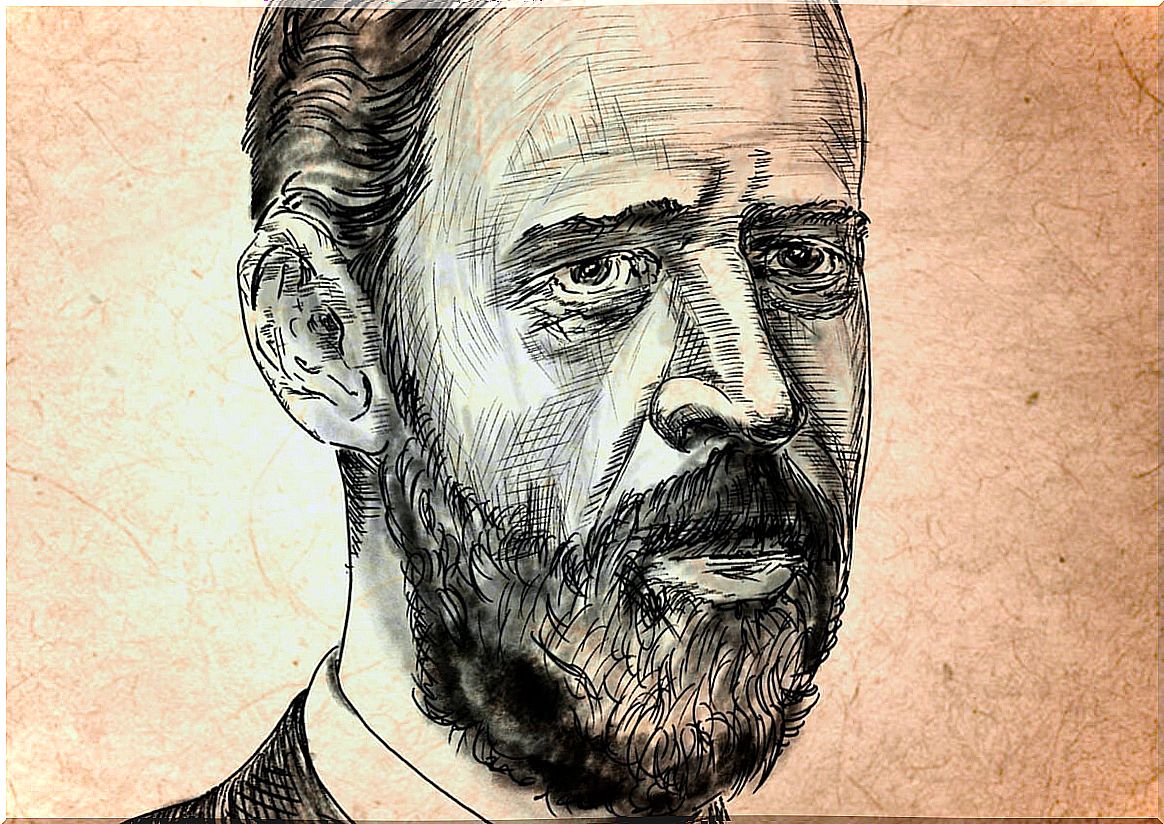
41. Enrico Fermi (1901-1954)
Nobel Prize in Physics in 1938. His main contributions focus on particle physics, quantum theory and statistical mechanics. Along with other physicists, she was part of the Manhattan Project, the initiative that would lead to the first nuclear weapons.
42. Carolus Linnaeus (1707-1778)
He was the first naturalist in history to develop a binomial nomenclature, which he would use as a method to classify living things. His contributions to taxonomy, therefore, are essential in the course of science (despite the fact that some previous work had been published in the field).
43. James Prescott Joule (1818-1889)
Other scientists on our list whose contributions to thermodynamics helped cement what we know today. The joule, an international unit of energy and heat, was named after him; as well as Joule’s law. He also studied mechanical and electrical energy.
44. Hendrik Antoon Lorentz (1853-1928)
His contributions in areas such as magnetism, radiation, the refraction of light, electricity, and thermodynamics make him one of the most famous scientists in history. He was awarded the Nobel Prize in Physics in 1902 for his research in one of these fields. He also made contributions to the theory of relativity.
45. William Thomson Kelvin (1824-1907)
Known for developing the Kelvin temperature scale. He also made countless contributions to thermodynamics, physics, and mathematics, not to mention his contributions to engineering. In life he was known as an eccentric scientist, partly for his creationist ideas.
46. Sergei Pavlovich Korolev (1907-1966)
He is considered the father of the Soviet space program. Under his tutelage, the first artificial satellite in history (Sputnik) was launched, the first flight of a living being into space (Laika), and the first flight of a man into space (Yudi Gagarin), among other things. Its namesake in the United States was Wernher Von Braun.
47. Lise Meitner (1878-1968)
She was the second woman in the world to earn a Ph.D. in Physics. He did very valuable research on radioactivity, nuclear fission, and chemistry in general. He rubbed shoulders in his lifetime with the brightest minds in his field, such as Einstein, Strassmann, Hahn, Planck, and others.
48. Christian Oersted (1777-1851)
His contributions focus on the relationship between magnetism and electricity. He was a pioneer in these fields, so his observations were very important for the development and use of electricity as we know it today. He was also the first scientist to isolate aluminum.
49. Claudius Ptolemy (100-170 AD)
Ptolemy was one of the great thinkers of his time in areas such as astronomy, mathematics, physics, and geography. His main contribution was the geocentric theory, which was the most important for almost 1500 years.
50. Francesco Redi (1626-1697)
His contribution to science is indisputable, since he was the first scientist to disprove the theory of spontaneous generation. His experiments to collect data to support his criticisms are key to the scientific method. Redi also wrote treatises on vipers and helminthology.
Although it is impossible to bring together the best minds of humanity in a single point, we hope that with this list you have traveled with us to different times in history in which brilliant minds revolutionized their discipline and marked it forever. True classics of science.
